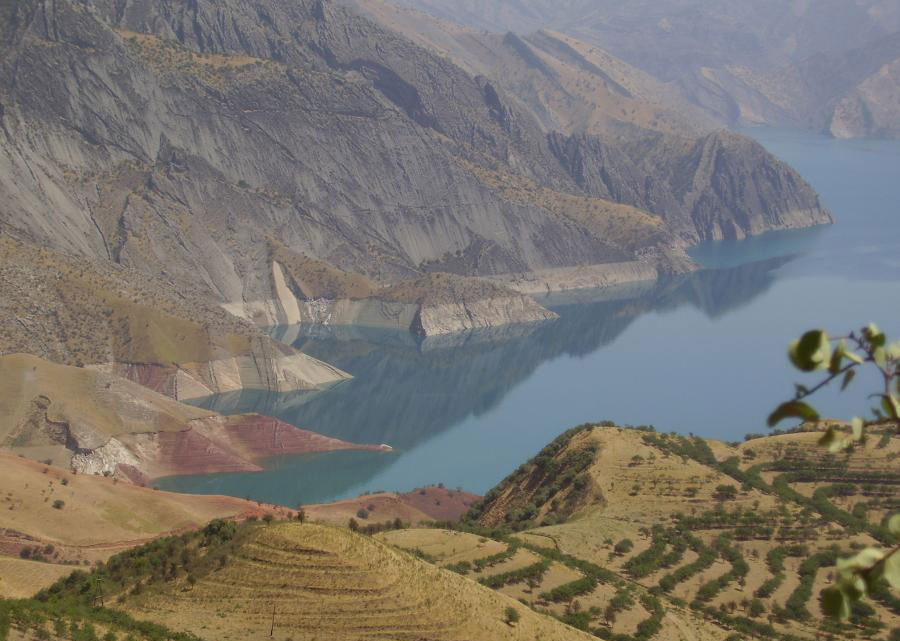DUSHANBE, March 30, 2011, Asia-Plus — Electricity rationing in the country is expected to be ended in a week, Odinamahmad Chorshanbiyev, an official with Barqi Tojik power holding (the state-owned utility responsible for generation, transmission, and distribution of electricity in Tajikistan), said in an interview with Asia-Plus.
According to him, the water flow in the Vakhsh River is gradually increasing and the water inflow into the reservoir powering the Norak hydroelectric power plant (HPP) is increasing correspondingly.
Meanwhile, Barqi Tojik deputy chief engineer Rashid Gulov told Asia-Plus on March 30 that the water flow in the Vakhsh River is currently at 350 meters per second. At the end of last week, the water flow in the Vakhsh River was at 200 meters per second.
“The power supply situation in the country will probably improve in two weeks,” said Gulov, “I think that there are no grounds today to speak about emergency situation in the country and Tajikistan does not plan to apply to neighbors for help.”
Asked about the reason for that situation, Gulov said, “We tried to provide the population with electricity at quite good level in the winter and used water maximally that probably led to the current situation at the Norak HPP.”
We will recall that because of the abnormally weak water flow in the Vakhsh River Barqi Tojik reduced electricity supplies to rural areas. Residents of rural areas affected by electricity rationing now have electrical power for only two or three hours per day. Moreover, electricity rationing was imposed on Dushanbe as well. Since March 25, electricity supply to residential customers in major parts of the city has been cut off from 24:00 to 5:00 am.
In the spring and summer, Tajikistan’s hydropower plants generate a huge amount of electricity that is exported to neighboring countries, but in the autumn and winter, especially if the summer was dry and water levels in reservoirs are low, electricity rationing is introduced in the country.
Electricity rationing is usually introduced in Tajikistan in November and lasts through April next year. Measures seeking to curb the country’s rising electricity consumption are usually introduced in all regions except Dushanbe. In addition to curbing rising consumption, the move also stems from a decline in the water level in the Norak reservoir.




